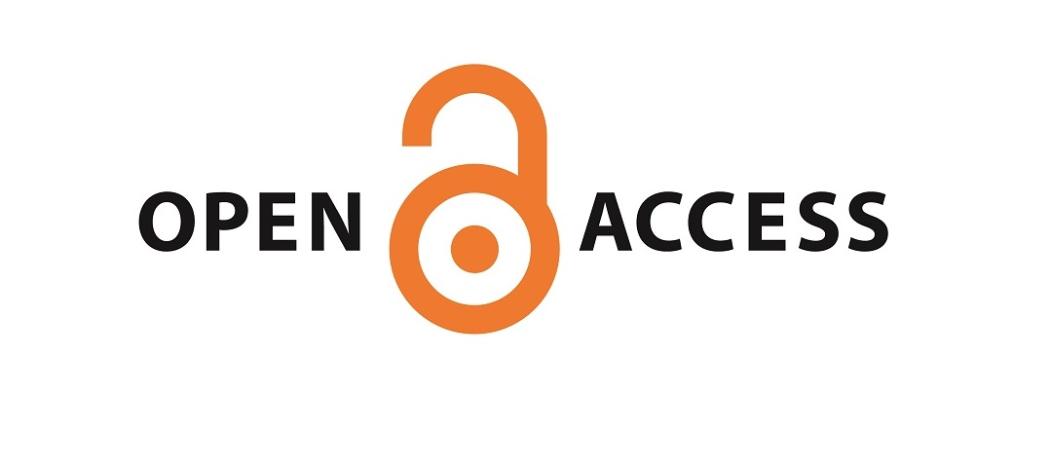Eye of the beholder: When it comes to deciding how open research data should be, industry and academia do not have the same vision

As Europe attempts to open up research findings, industry and academia do not agree on the level of access, with some companies saying that making the outputs of research they fund freely accessible would put them at competitive disadvantage.
The perception gap could have implications for industry/academic R&D collaborations. Under the European Commission’s Plan-S formula, national funding agencies in 12 EU member states would require grant holders to publish only in journals that offer immediate open access, under a licence that enables anyone to freely reuse and distribute the material.
Thousands of research papers would be free on the day of publication, with the authors maintaining full copyright of their work. That “puts all the power with the author,” Stephan Kuster, secretary general of Science Europe, the body representing Europe’s national R&D funding agencies told delegates at the Open! conference organised by Science|Business.
Another EU initiative, the European Open Science Cloud, is set to enable Europe’s 1.7 million researchers to share data and research tools across borders. If the Commission can deliver, the plan will be set in motion before the end of the year.
The vision is that this accelerates scientific discovery and delivers an innovation boost to companies that rely on open access as a source of inspiration. But not all companies keen on the idea.
Being forced to share discoveries that are very close to being embodied in new products or services would put certain companies in competitive disadvantage, said Carlos Härtel, chairman of GE Power.
For Härtel, openness is only a force for good if industry’s investment in research is protected. “If you give data in a journal for free, you give your competition a few millions of savings in R&D,” he said. “Some discoveries can only be protected by not telling anyone about them.”
On the other side of the argument, Thomas Schulthess, a professor of computational physics at ETH Zurich and director of the Swiss National Supercomputing Centre (CSCS) said open research and data sharing would help companies cut R&D costs and do more for less money. “We should really break out of this campus thinking about data,” he said.
While the Commission is openly advocating for open science, it admits the concerns of industries need to be taken into account. “By definition, it is not necessarily compatible to have patents and open access,” said Jean-David Malo, director for open innovation and open science at the European Commission.
There is much work ahead for the Commission to deliver the open science vision. It needs to coordinate with national funders and agree specific rules for open science publication and how the European science cloud will operate, as Malo acknowledged. And to allay concerns, he told delegates that industry would be able to “opt out of the science cloud.”





 A unique international forum for public research organisations and companies to connect their external engagement with strategic interests around their R&D system.
A unique international forum for public research organisations and companies to connect their external engagement with strategic interests around their R&D system.